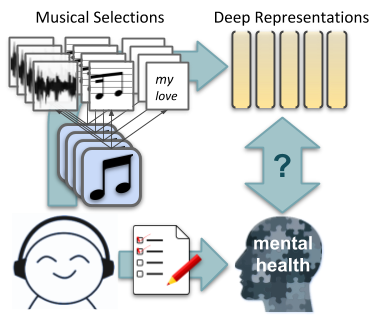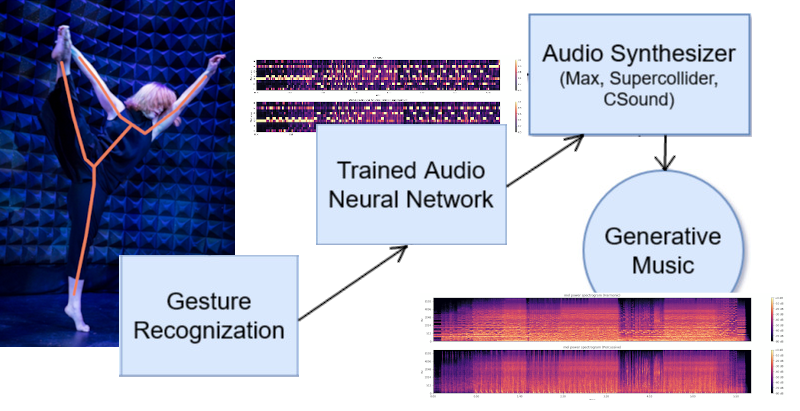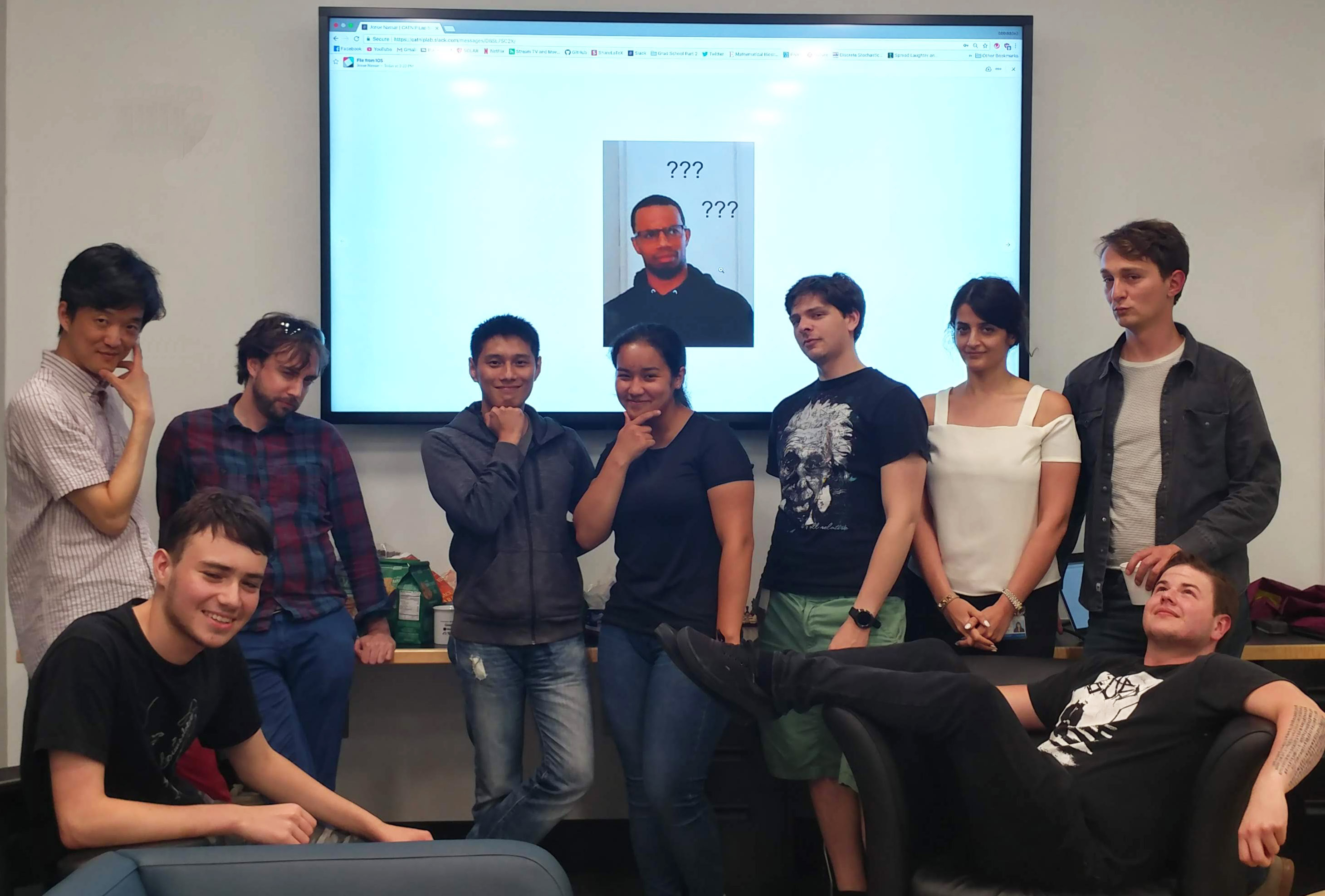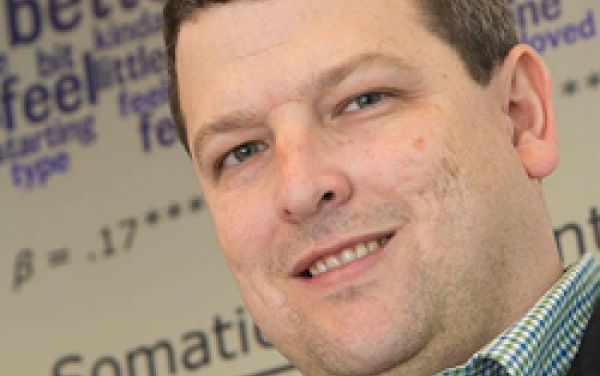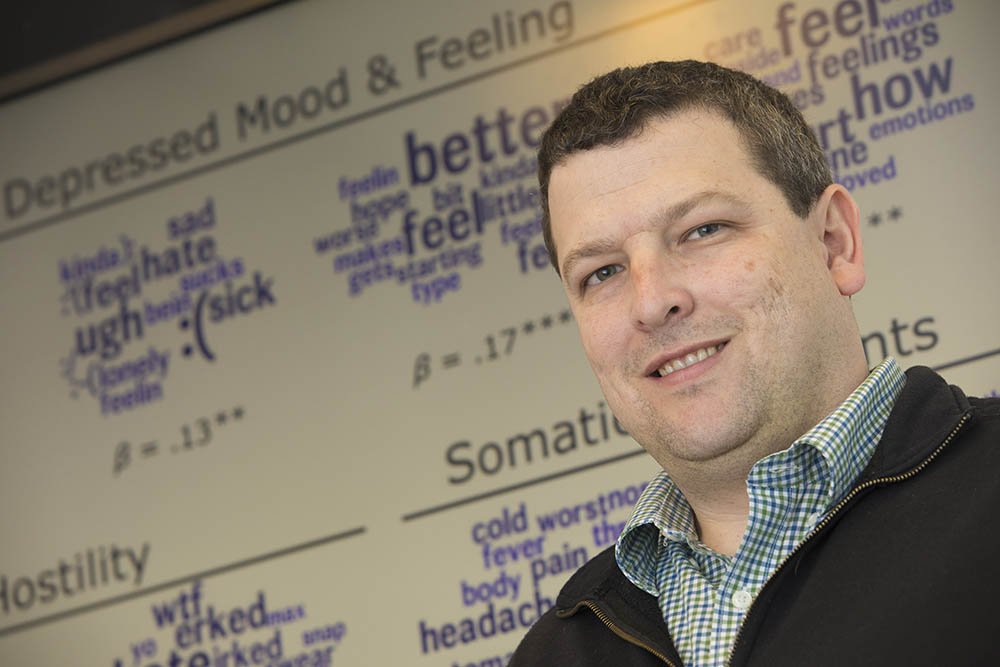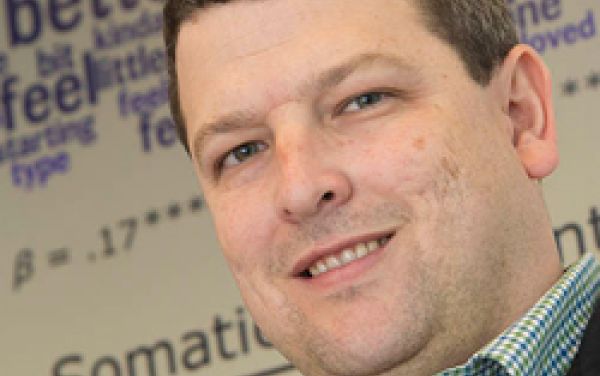Materials Science and Chemical Engineering Professor shares how AI Supports Research
 The emerging application of artificial intelligence (AI) to a diverse range of fields has positioned it as a valuable research tool. Stony Brook’s AI Institute contains affiliate faculty from a wide variety of disciplines who are using machine learning to advance their research.
The emerging application of artificial intelligence (AI) to a diverse range of fields has positioned it as a valuable research tool. Stony Brook’s AI Institute contains affiliate faculty from a wide variety of disciplines who are using machine learning to advance their research.



